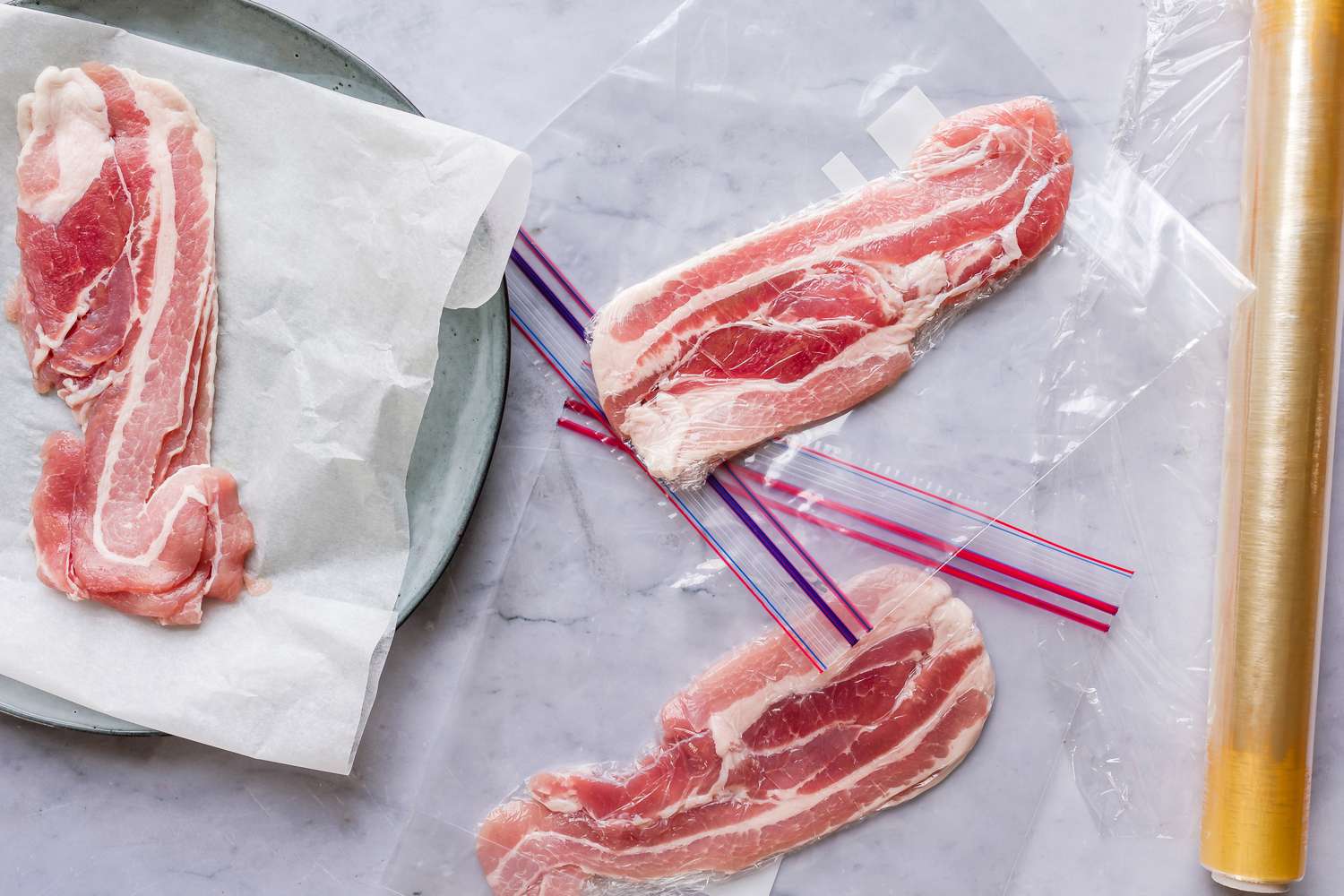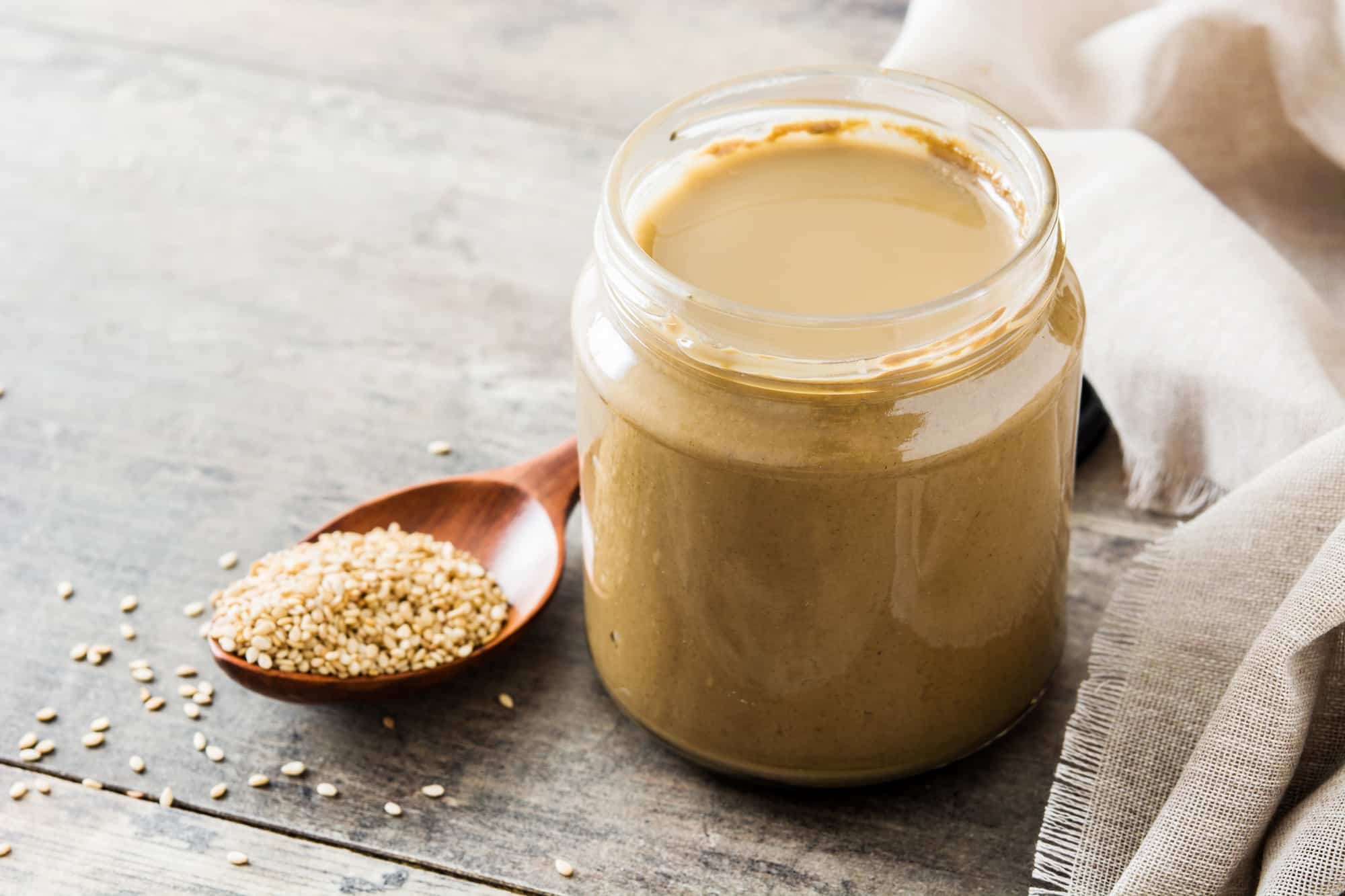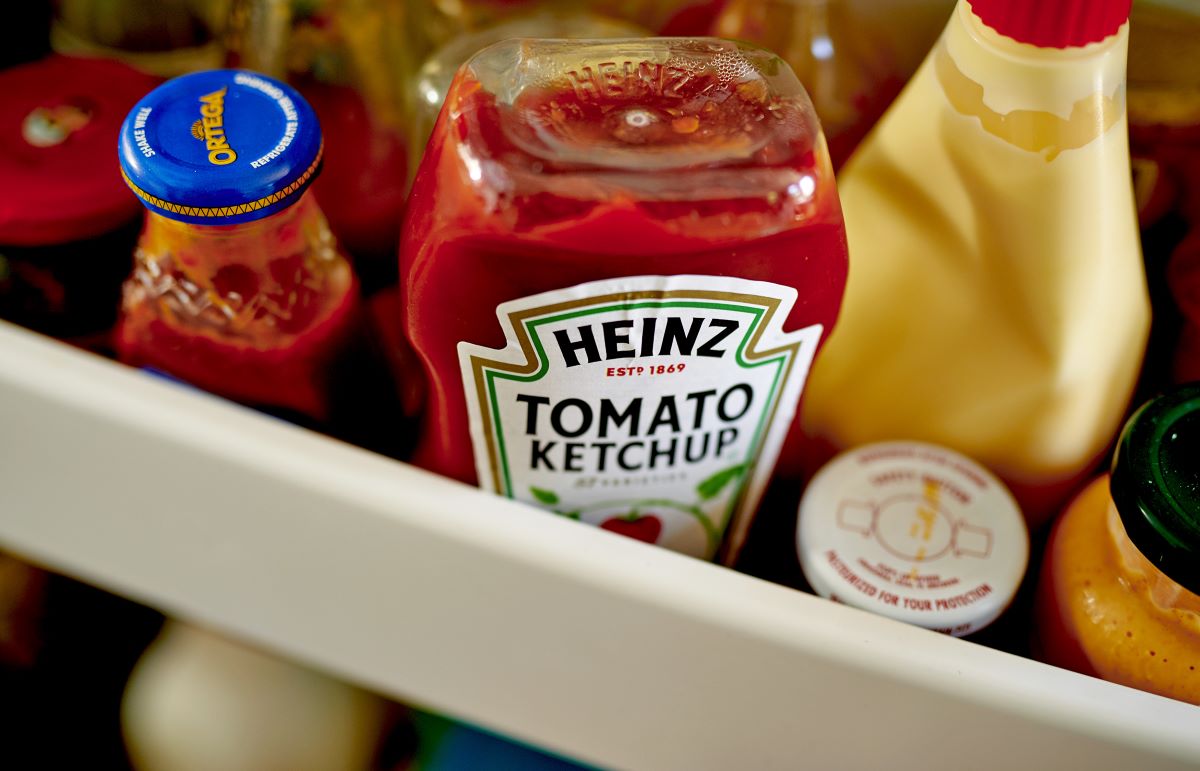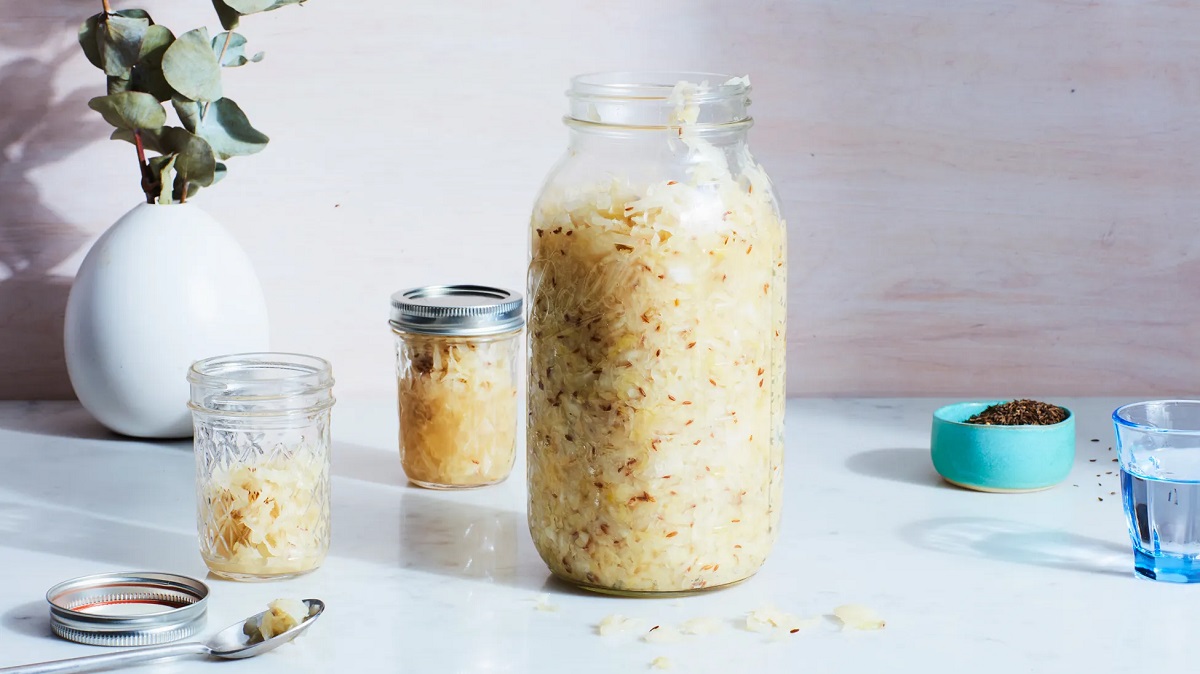

Articles
How To Store Bacon After Opening
Modified: January 5, 2024
Learn the proper method to store bacon after it has been opened. Read our articles for helpful tips and tricks to keep your bacon fresh and flavorful.
(Many of the links in this article redirect to a specific reviewed product. Your purchase of these products through affiliate links helps to generate commission for Storables.com, at no extra cost. Learn more)
Introduction
Welcome to the world of bacon – crispy, savory, and undeniably delicious. Whether you enjoy it as a breakfast staple, use it as a flavor-enhancing ingredient in your recipes, or simply indulge in the occasional bacon craving, it’s important to know how to store bacon properly after opening. This will help to maintain its freshness and prevent it from spoiling or becoming rancid.
Like any perishable food item, bacon has a limited shelf life. However, by following the right storage practices, you can extend its freshness and enjoy its delectable taste for a longer period of time.
In this article, we will delve into the details of how to store bacon after opening. We will explore the shelf life of bacon, discuss the best practices for storing it in both the refrigerator and freezer, and share useful tips for proper packaging. By the end of this article, you’ll be equipped with the knowledge needed to keep your bacon fresh and ready to use whenever you want.
Key Takeaways:
- Properly storing bacon is crucial for maintaining its freshness and flavor. Whether refrigerating or freezing, using airtight containers and labeling packages with dates are essential practices to ensure the best quality bacon.
- When it comes to bacon, knowing how to store it correctly can enhance your culinary experience. Whether you’re a bacon enthusiast or a casual consumer, following the best practices for refrigerating and freezing bacon will help you enjoy its savory goodness for longer periods.
Read more: How To Store Turkey Bacon After Opening
Understanding the Shelf Life of Bacon
Before delving into the specifics of storing bacon, it’s important to understand its shelf life. Bacon typically comes with a “sell-by” or “use-by” date, which indicates the date by which the manufacturer recommends using the bacon for optimal quality. However, this date doesn’t necessarily mean that the bacon will spoil immediately after that date.
The shelf life of bacon largely depends on factors such as its packaging, storage conditions, and the presence of preservatives. Packaged bacon usually has preservatives such as sodium nitrite or salt, which extend its shelf life by inhibiting the growth of bacteria. However, even with these preservatives, the quality of bacon can deteriorate over time.
On average, unopened packages of bacon can last in the refrigerator for about 1 to 2 weeks past the “sell-by” date. Once opened, bacon should be used within 7 days to ensure its freshness. However, if you aren’t able to use it within that time frame, don’t worry. There are effective storage methods to keep bacon usable for longer periods of time, which we will explore further in this article.
It’s essential to note that bacon can spoil or become rancid if not stored properly. Signs of spoiled bacon include a foul odor, slimy texture, or discoloration. If you observe any of these signs, it’s best to discard the bacon rather than risking foodborne illnesses.
Now that we have a grasp on the shelf life of bacon, let’s move on to the best practices for storing bacon after opening.
Best Practices for Storing Bacon
Proper storage is essential for maintaining the quality and freshness of bacon after opening. Here are some best practices to follow:
- Keep it cool: Bacon should always be stored in a cool environment to prevent bacterial growth. Ideally, the temperature should be below 40°F (4°C).
- Use airtight packaging: After opening the original packaging, transfer the bacon to an airtight container or wrap it tightly with plastic wrap. This will help prevent exposure to air and moisture, which can cause the bacon to spoil quickly.
- Keep it separate: To avoid cross-contamination, store bacon separately from other foods, especially those that are ready-to-eat or don’t require cooking. This will prevent the spread of bacteria and minimize the risk of foodborne illnesses.
- Consider portioning: If you won’t be using the entire package of bacon at once, consider dividing it into smaller portions before storing. This way, you can thaw and use only what you need without exposing the rest of the bacon to temperature fluctuations.
- Rotate regularly: If you have multiple packages of bacon, organize them based on their expiration dates. Use the oldest ones first to ensure you consume them before they start to deteriorate in quality.
Now that we have covered the best practices for storing bacon, let’s explore the two main options for storage: refrigerating and freezing.
Option 1: Refrigerating Bacon
Refrigeration is the most common method of storing bacon after opening. Follow these steps to properly store bacon in the refrigerator:
- Keep the original packaging: If the bacon came in a sealed package, leave it as is. The packaging is designed to protect the bacon and extend its shelf life.
- Use a refrigerator-safe container: If the original packaging is damaged or you’ve removed the bacon from its package, transfer it to a sealed container or resealable bag. This will prevent odor absorption from other items in the fridge.
- Label and date: If you’ve transferred the bacon to a different container, don’t forget to label it with the date of opening. This will help you keep track of its freshness.
- Place in the designated spot: Store the bacon in the coldest part of the refrigerator, typically in the meat or deli drawer. This will ensure consistent temperature and minimize the risk of spoilage.
When properly stored in the refrigerator, bacon can last for about 7 days after opening. However, the quality may begin to deteriorate after a few days, so it’s best to consume it as soon as possible.
Now that we’ve covered refrigeration, let’s explore the second option for storing bacon – freezing.
Option 2: Freezing Bacon
Freezing bacon is a great option if you won’t be using it within a week or if you want to stock up on bacon for future use. Follow these steps to properly freeze bacon:
- Wrap individual slices or portions: If you have a whole package of bacon, it’s best to separate the slices or divide them into smaller portions. Wrap each portion tightly in plastic wrap or aluminum foil. This will prevent freezer burn and maintain the quality of the bacon during freezing.
- Place in freezer-safe bags or containers: Once the individual slices or portions are wrapped, transfer them to freezer-safe bags or airtight containers. Removing excess air from the bags will help prevent freezer burn and preserve the texture of the bacon.
- Label and date: Don’t forget to label the bags or containers with the date of freezing. This will help you keep track of the storage time and ensure you use the oldest bacon first.
- Store in the freezer: Place the bacon in the freezer, ideally in a spot with a consistent temperature. If you have a deep freezer, it’s best to store the bacon there as it maintains a lower and more stable temperature.
Frozen bacon can last several months when stored properly. However, for the best quality and taste, it’s recommended to use frozen bacon within 1 to 2 months.
Now that we’ve explored both refrigerating and freezing options for storing bacon, let’s look at proper packaging techniques to maintain its freshness.
Store opened bacon in an airtight container or resealable plastic bag in the refrigerator. It should be consumed within 7 days of opening for best quality.
Read more: How To Store Caulk After Opening
Proper Packaging Techniques
Proper packaging is crucial when storing bacon to maintain its freshness and prevent freezer burn. Here are some packaging techniques to keep in mind:
- Airtight containers: Using airtight containers, such as Tupperware or glass containers with tight-fitting lids, is one of the best ways to store bacon in the refrigerator. It helps prevent exposure to air and moisture, which can lead to spoilage.
- Resealable bags: If you don’t have airtight containers, resealable plastic bags can be a good alternative. Squeeze out as much air as possible before sealing the bags to minimize the risk of oxidation and maintaining the quality of the bacon.
- Plastic wrap or aluminum foil: For freezing bacon, wrapping each portion tightly in plastic wrap or aluminum foil helps prevent freezer burn. Make sure to wrap it securely to avoid air exposure. Alternatively, you can use freezer-safe bags for added protection.
- Double layers: If you prefer using plastic wrap or aluminum foil, consider using double layers to provide extra insulation and protection against freezer burn.
- Vacuum sealer: If you have a vacuum sealer, it is an excellent choice for packaging bacon. Vacuum-sealed bags remove the air, preventing the bacon from being exposed to oxygen. This method helps maintain the bacon’s quality for an extended period, both in the refrigerator and freezer.
By following these packaging techniques, you can ensure that your bacon stays fresh, flavorful, and free from moisture or freezer burn.
Now that we’ve covered proper packaging techniques, let’s explore some tips for using frozen bacon.
Tips for Using Frozen Bacon
Using frozen bacon requires some extra care and consideration. Here are some helpful tips for using frozen bacon:
- Thawing: Before using frozen bacon, it’s important to thaw it properly. The best way to thaw bacon is to transfer it from the freezer to the refrigerator and allow it to thaw slowly overnight. This method ensures even thawing and helps maintain the texture and flavor of the bacon.
- Avoid refreezing: Once you have thawed frozen bacon, it’s not recommended to refreeze it. Refreezing can cause changes in texture and taste, compromising the quality of the bacon.
- Separate slices before freezing: If you freeze bacon slices individually, it becomes easier to separate and use just the amount you need without thawing the entire package.
- Cook from frozen: In certain recipes, you can cook frozen bacon directly without thawing. This is especially useful when you need crispy bacon for toppings or garnishes. Simply adjust the cooking time accordingly as frozen bacon will take slightly longer to cook.
- Slice before freezing: If you prefer using bacon bits or diced bacon in your recipes, it’s a good idea to slice the bacon before freezing. That way, you can easily portion out the desired amount for your dishes without having to thaw and slice the whole frozen bacon.
- Plan ahead: To save time and effort, consider pre-cooking bacon before freezing. Cook the bacon to your desired level of doneness, allow it to cool, and then freeze it. This way, you can simply reheat the pre-cooked bacon when needed, saving cooking time on busy mornings or during meal preparation.
By following these tips, you can make the most out of your frozen bacon and ensure that it is utilized effectively in your recipes.
Now, let’s address some commonly asked questions about storing bacon.
Frequently Asked Questions (FAQs)
Here are some frequently asked questions about storing bacon:
Q: Can I freeze bacon directly in its original packaging?
A: While the original package of bacon provides some protection, it’s best to transfer the bacon to airtight containers or wrap it securely before freezing. This helps prevent freezer burn and maintains the quality of the bacon.
Q: How long can I keep frozen bacon?
A: Frozen bacon can last for several months when stored properly. However, it’s recommended to use frozen bacon within 1 to 2 months for the best quality and flavor.
Q: Can I freeze cooked bacon?
A: Yes, you can freeze cooked bacon. Allow the cooked bacon to cool completely, then transfer it to an airtight container or wrap it tightly before freezing. This is a convenient option if you want to have pre-cooked bacon on hand for quick meals or toppings.
Q: Can I store bacon at room temperature?
A: Due to its high fat content, it is not advisable to store bacon at room temperature. Keeping bacon at room temperature for an extended period can lead to bacterial growth and the risk of spoilage. It’s best to refrigerate or freeze bacon to maintain its freshness.
Q: Can I freeze bacon more than once?
A: It’s not recommended to refreeze bacon once it has been thawed. Refreezing can compromise the quality and texture of the bacon, and may pose a risk of bacterial growth. It’s best to thaw only the amount of bacon you need at a time.
Now that we have addressed some common questions, let’s conclude our discussion.
Conclusion
Properly storing bacon after opening is essential to maintain its freshness, flavor, and quality. Whether you choose to refrigerate or freeze bacon depends on your usage and timeframe. By following the best practices discussed in this article, you can ensure that your bacon stays delicious and safe to consume for longer periods.
When refrigerating bacon, make sure to keep it in airtight containers or resealable bags to prevent exposure to air and moisture. Pay attention to the expiration dates and use the bacon within a week to enjoy its best quality.
If you’re planning to store bacon for an extended period, freezing is a great option. Proper wrapping and using freezer-safe containers will help preserve the texture and flavor of the bacon. Remember to label your packages with the freezing date and try to use the frozen bacon within 1 to 2 months.
Lastly, it’s important to practice proper food safety and hygiene when storing and handling bacon. Regularly check for signs of spoilage or rancidity, and discard any bacon that shows signs of being unsafe to consume.
Whether you’re a bacon enthusiast who loves the crispy strips or someone who enjoys it as an ingredient in various recipes, knowing how to store bacon properly will enhance your culinary experience. By following these guidelines, you can enjoy the rich and savory flavors of bacon whenever you desire.
So go ahead, stock up on bacon, store it correctly, and enjoy its mouthwatering goodness for longer periods!
Frequently Asked Questions about How To Store Bacon After Opening
Was this page helpful?
At Storables.com, we guarantee accurate and reliable information. Our content, validated by Expert Board Contributors, is crafted following stringent Editorial Policies. We're committed to providing you with well-researched, expert-backed insights for all your informational needs.















0 thoughts on “How To Store Bacon After Opening”